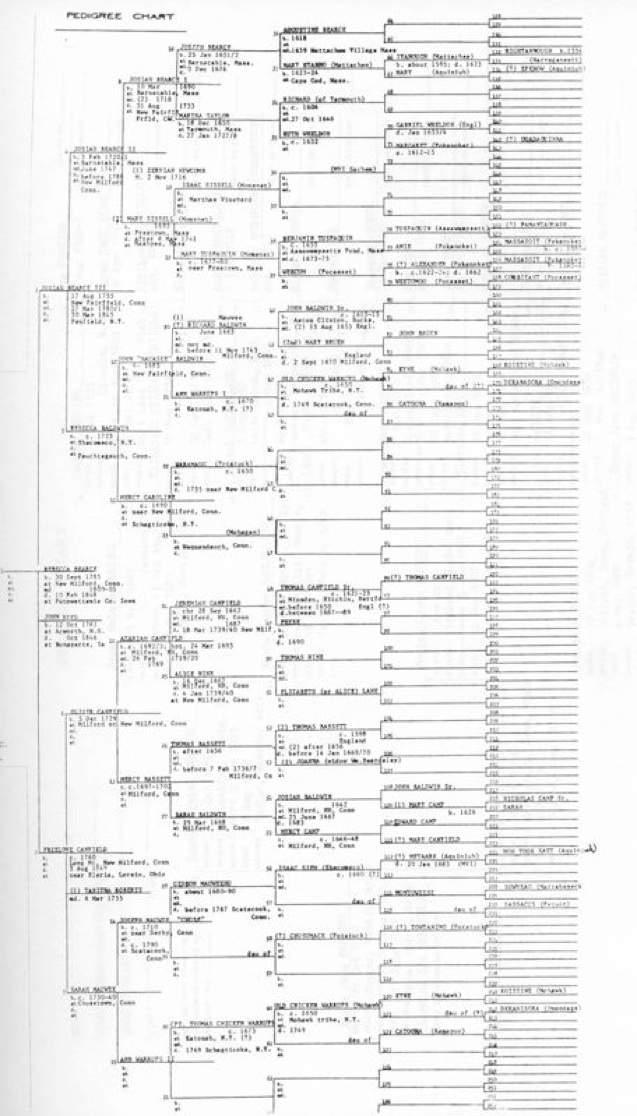In particular is an idiomatic expression that means in distinction from others or specifically. A comma is placed before “especially” when it introduces information that carries a parenthetical function, especially at the end of the sentence.

REBECCA BEARCE by LIONEL NEBEKER March 22, 1987 PREFACE&10
According to a usage note in the fourth edition of the american heritage dictionary, but may be used to begin a sentence at all levels of style.and in the king's english, kingsley amis says that the idea that and must not begin a sentence or even a paragraph, is an empty superstition.the same goes for but.indeed either word can give unimprovably early warning of.

Can you begin a sentence with especially. (no comma needed after but). (no comma needed after and). Especially, mystery and adventure stories.
Show activity on this post. Asking him awkward questions is something journalists avoid doing. When the review was over, the newly arrived officers, and also kutuzov's, collected in groups and began to talk about the awards, about the austrians and their uniforms, about their lines, about bonaparte, and how badly the latter would fare now, especially if the essen corps arrived and prussia took our side.
Especially when the weather report predicts rain, you should have an umbrella in your car. So you can really only start a sentence with especially if it's like a continuation of another sentence.especially is a word that is not used at the beginning of a sentence very often. You may use words like 'especially' or 'because' at the beginning of the sentence as long as you provide a supporting clause after it.
You may use words like ‘especially’ or ‘because’ at the beginning of the sentence as long as you provide a supporting clause after it. It can be done by good writers in the appropriate context. Always follow “however” with a comma no matter where it appears.
You can use the term “especially” at the beginning of the sentence as long as you provide a supporting clause after it. Divorce is very painful, especially when children are concerned. Compare that sentence with the simpler “john ate the last piece of cake” and you can see how “it is john” adds a different emphasis.
Especially when the weather report predicts rain, you should have an umbrella in your car. When the condition (the clause the begins with if) comes before the result, you must use a comma because it is an introductory clause coming before the main clause. However, we look forward to writing an agreement today.
You can start a sentence with “begin” when you write a command. Let’s use this sentence as an example one more time. While it may not be an error, starting sentences with these words does sometimes seem melodramatic.
I love italy, especially in summer. After especially one expects a moderately. In english, sentences can begin with ''especially,'' which is an adverb.
It is an adverb, and as such it can be. That was an especially fine performance. The government aims to improve public services, especially education.
We use a gerund when a verb is situated at the very beginning of a sentence. Even the associated press stylebook, which once rejected the use of. In all of your examples, the comma is necessary.
However, hopefully appears in all kinds of writing, and you can even find it in the dictionary as meaning “i hope” or “it is to be hoped.” while certain individuals might nitpick and even argue with you over its use, hopefully is a generally acceptable sentence adverb, especially in plain language pieces. The essay (2008) remind us that because and therefore are especially useful transitions for explanatory essays. Some readers especially dislike seeing the conjunctions or, nor, and yet at the beginning of a sentence.
The essay (2008) remind us that because and therefore are especially useful transitions for explanatory essays. But that emphasis comes at a price: Paddles are used especially to propel can
In addition, clare is skilled in writing reports. Therefore comes at the beginning of a new sentence. so is the start of a sentence always the best place to locate one of these words when you want to signal a transition? But when you lead with the result and follow with the condition, there is no comma.
Particularly means in detail or to an unusual degree. The authors of writers at work: But we hope to write an agreement today.
Can you begin a sentence with especially. I discourage learners or tyros from doing so, as it is usually wrong, as in your example. I'm not going to go on vacation with her, especially since i hate her.
I hope you’ve noticed its usage in the previous sentence. And clare knows how to write a good report. She hasn't spoken to anyone, especially since her father's death.*.
This expression usually refers to nouns and is set apart by a comma when it occurs at the beginning of a sentence or a phrase. I've read that you're not supposed to use especially at the beginning of a sentence but there does seem to be exceptions to this rule. There is an exception to this rule, though.
You can use a number to begin a sentence if it is date. Furthermore, clare is a skillful report. Especially, mystery and adventure stories.
Because my dog had fleas, i had to make him sleep outside. I read a lot, especially when i don't have my cd player with me. “especially” is an adverb of focus that induces a highlighting effect to a particular part of a sentence.
You can also use an infinitive with “to” when putting a verb at the beginning of a sentence. Nevertheless, we look forward to completing the agreement today. “although” may begin or divide a sentence into 2 parts, but it doesn’t require a comma after it, only before it if it’s in the middle of the sentence.
Answer me this {speaking in complete sentences. It's perfectly acceptable to begin a sentence with and, as well as the other words that we are often taught to avoid such as but or or. writing samples tracing back to the 9th century, including bible translations, break these sacred rules, which stem from attempts to curb school children from stringing too many unrelated sentences together. 1) especially when the weather report predicts rain, you should have an umbrella in your car.












